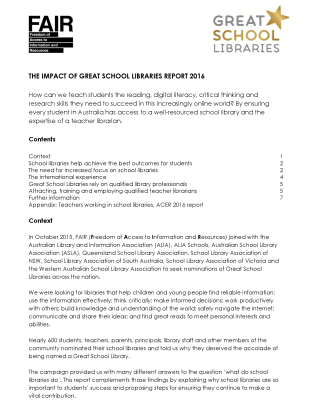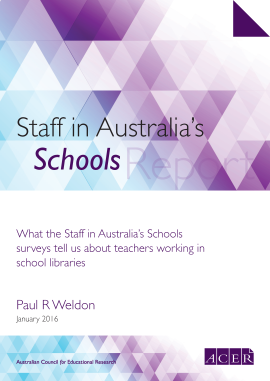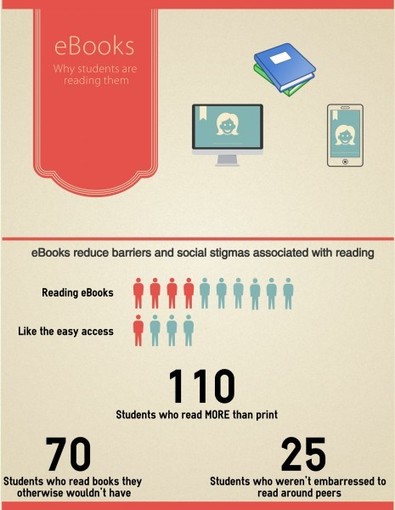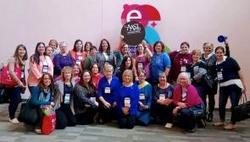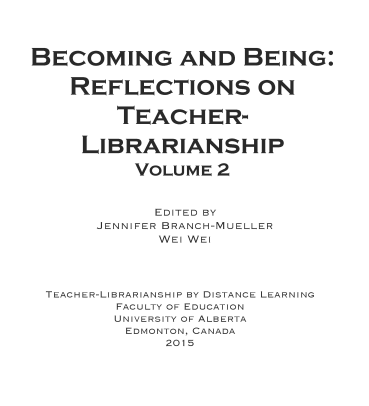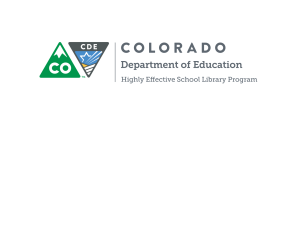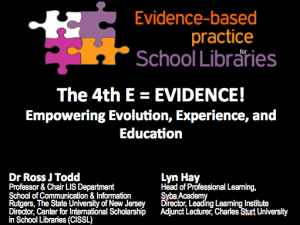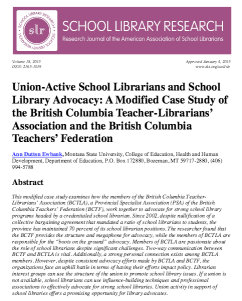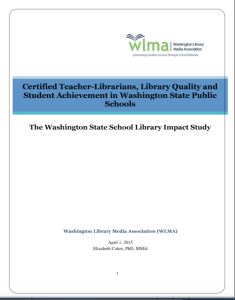“In October 2015, FAIR (Freedom of Access to Information and Resources) joined with the Australian Library and Information Association (ALIA), ALIA Schools, Australian School Library Association (ASLA), Queensland School Library Association, School Library Association of NSW, School Library Association of South Australia, School Library Association of Victoria and the Western Australian School Library Association to seek nominations of Great School Libraries across the nation.
We were looking for libraries that help children and young people find reliable information; use the information effectively; think critically; make informed decisions; work productively with others; build knowledge and understanding of the world; safely navigate the internet; communicate and share their ideas; and find great reads to meet personal interests and abilities.
Nearly 600 students, teachers, parents, principals, library staff and other members of the community nominated their school libraries and told us why they deserved the accolade of being named a Great School Library.
The campaign provided us with many different answers to the question ‘what do school libraries do’.”
As a result of collecting nearly 600 nominations from students, teachers, parents, principals, library staff and other members of the community across Australia, who identified their school library as being a “Great School Library”, FAIR analysed data from these nominations to answer the question “What do school libraries do?”
The report identified three primary drivers for school library to help achieve the best outcomes for students. These included:
Reading
Giving every child a reading start and keeping them reading through their teenage years.
Digital literacy
Making sure students are confident and safe users of the latest technology, media and applications.
Critical thinking and research
Ensuring students understand how to access information and critically assess its rigour, quality and relevance, and helping students improve their school performance and preparing them for further education.
Sourced through Scoop.it from: fair.alia.org.au

